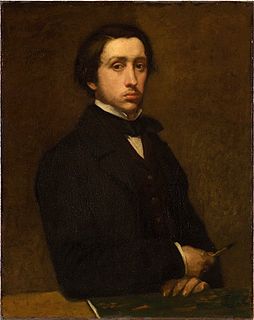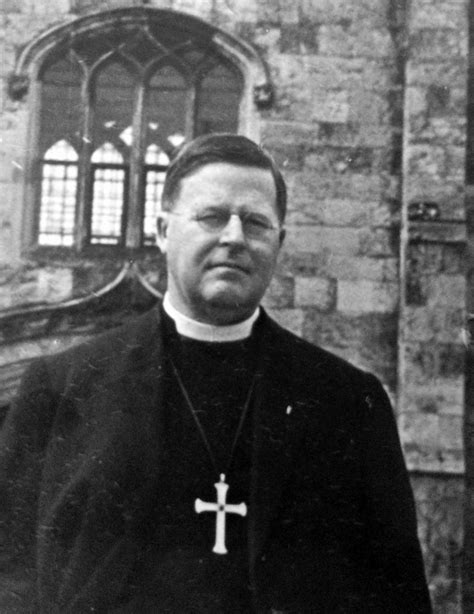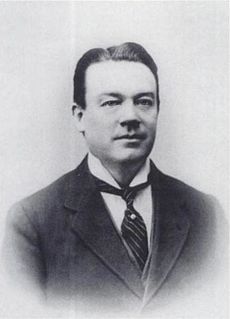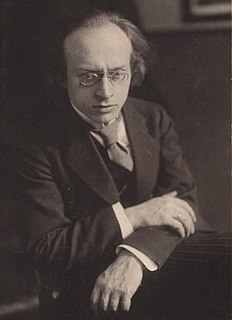A Quote by Paul Valery
The very object of an art, the principle of its artifice, is precisely to impart the impression of an ideal state in which the man who reaches it will be capable of spontaneously producing, with no effort of hesitation, a magnificent and wonderfully ordered expression of his nature and our destinies.
Related Quotes
In a sense, every tool is a machine--the hammer, the ax, and the chisel. And every machine is a tool. The real distinction is between one man using a tool with his hands and producing an object that shows at every stage the direction of his will and the impression of his personality; and a machine which is producing, without the intervention of a particular man, objects of a uniformity and precision that show no individual variation and have no personal charm. The problem is to decide whether the objects of machine production can possess the essential qualities of art.
It is a curious thing: man, the centre and creator of all science, is the only object which our science has not yet succeeded in including in a homogeneous representation of the universe. We know the history of his bones, but no ordered place has yet been found in nature for his reflective intelligence.
...art must must carry man's craving for the ideal, must be an expression of his reaching out towards it; that art must give man hope and faith. And the more hopeless the world in the artist's version, the more clearly perhaps must we see the ideal that stands in opposition - otherwise life becomes impossible! Art symbolises the meaning of our existence.
The gist of the matter is this: Every impression that comes in from without, be it a sentence which we hear, an object of vision, or an effluvium which assails our nose, no sooner enters our consciousness than it is drafted off in some determinate direction or other, making connection with the other materials already there, and finally producing what we call our reaction. The particular connections it strikes into are determined by our past experiences and the 'associations' of the present sort of impression with them.
Gargoyles were the complement to saints; Leonardo's caricatures were complementary to his untiring search for ideal beauty. And gargoyles were the expression of all the passions, the animal forces, the Caliban gruntings and groanings which are left in human nature when the divine has been poured away. Leonardo was less concerned than his Gothic predecessors with the ethereal parts of our nature, and so his caricatures, in their expression of passionate energy, merge imperceptibly into the heroic.
Worship is the submission of all our nature to God. It is the quickening of conscience by His holiness; the nourishment of mind with His truth; the purifying of imagination by His Beauty; the opening of the heart to His love; the surrender of will to His purpose - and all of this gathered up in adoration, the most selfless emotion of which our nature is capable and therefore the chief remedy for that self-centeredness which is our original sin and the source of all actual sin.







































